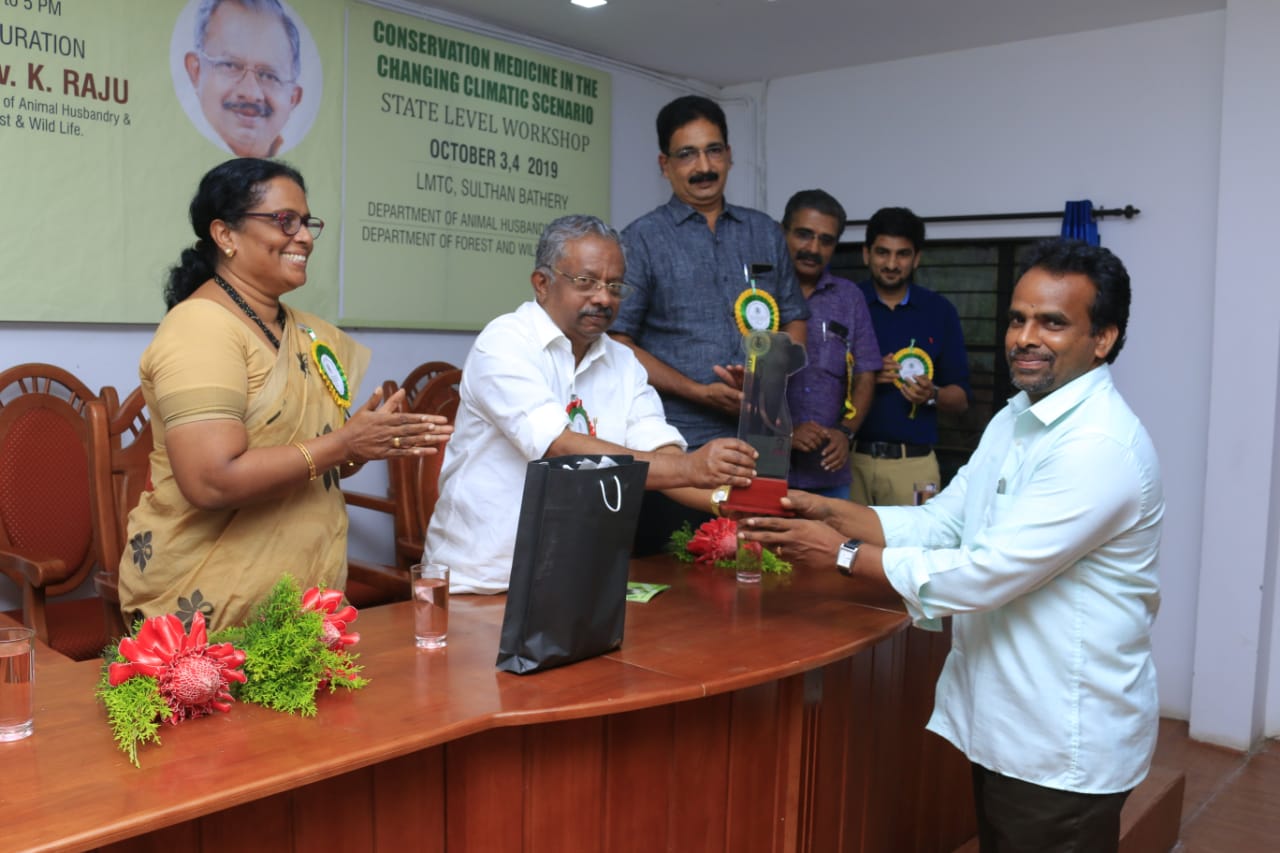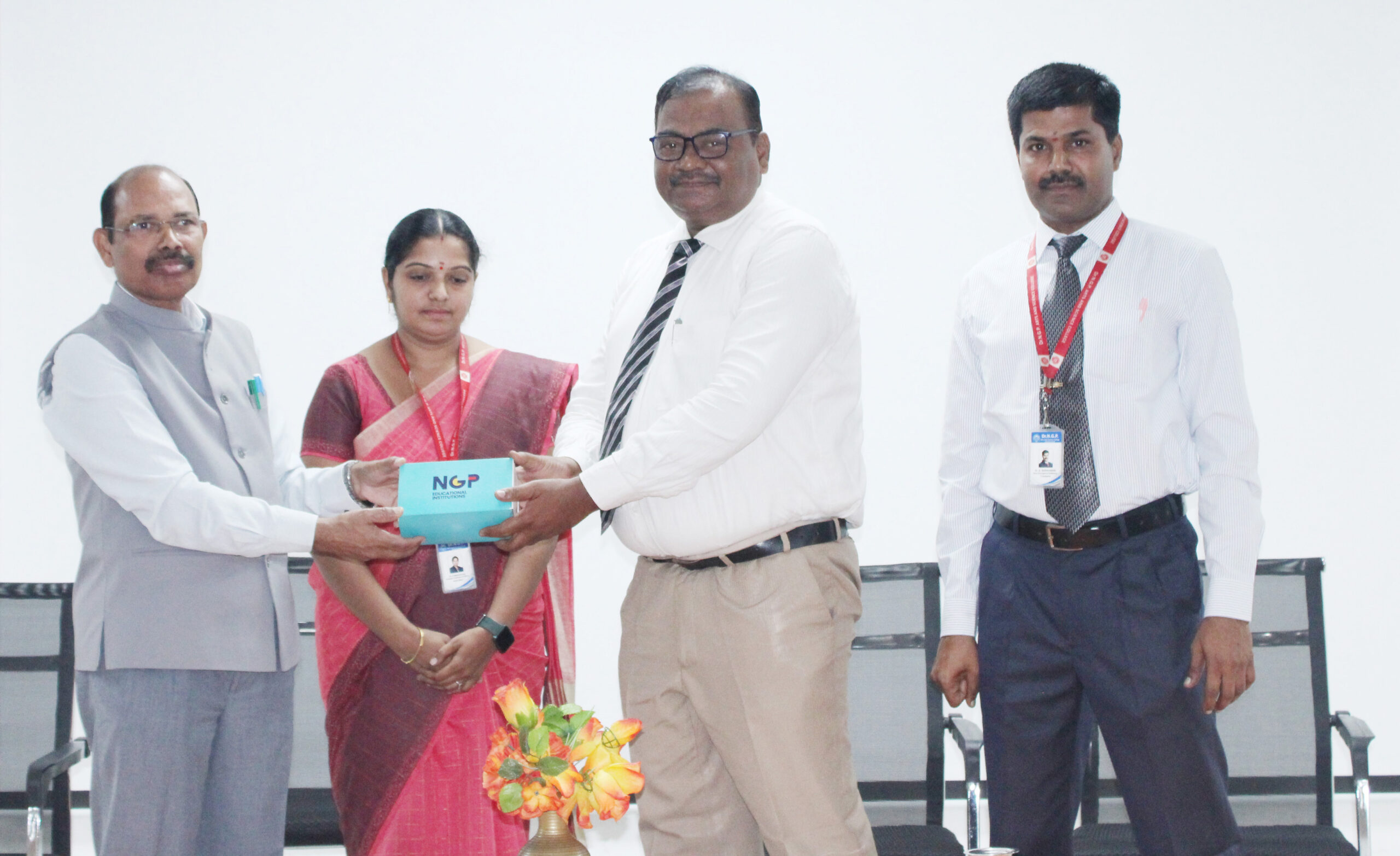Trending Now
- IPL 2024 begins with a bang. First contest between CSK and RCB.
- Election commission allots mike symbol to Naam Thamizhar Katchi
- AIADMK promises to urge for AIIMS in Coimbatore, in its election manifesto.
- Ponmudi becomes higher education minister.
Coimbatore
Why it’s important to monitor the health of free ranging wildlife
![]() October 31, 2019
October 31, 2019
Why have tuskers been reduced to eating rubbish with stray dogs these days, is a worrying question, the answer to which will explain how drought human-animal interface and habitat threat are giving rise to diseases among free ranging wildlife.
Have you seen tuckers eating rubbish with stray dogs 10 years ago? asks a veterinary surgeon.
It’s a common sight today with global warming, drought, wildlife interface with people, livestock and habitat threats reducing the stately animal to this condition, said Dr.N Kalaivanan, a veterinary surgeon attached to the Tamil Nadu Animal Husbandry Department.
Health monitoring of the wildlife is the only way to save the species, said Dr Kalaivanan, who was recently honoured by the Government of Kerala, as part of the Wildlife Week (October 3 and 4) celebrations in Wayanad. Aravind Jackaria, who did a special training at Royal London Veterinary School, is also part of this initiative and has been accorded this honour.
Dr. Arunachari who along with Dr. Kalaivanan has been instrumental in pioneering work in the field of medicine for free ranging wildlife, was also honoured. The duo has recorded more than 10 emerging and re-emerging infectious diseases in free ranging wildlife.
Dr. Kalaivanan, who said that he has been associated with wild life for more than two decades, explained micro and the macro organisms spread from human to wildlife and the reverse during the human-animal.
“Ten such diseases have been recorded and taken for study in a lab in Wayanad. One such disease is called the Elephant Herpes, a disease that can easily kill an elephant calf that is less than seven years. But no vaccines can be administered to animals in the wild as it is practically impossible,” Dr Kalaivanan said.
Host, the environment and the organisms all these three should be maintained in a balance. If one in this trio is increased or decreased, then it will pose a big threat to wildlife, he said.
According to him, the Tamil Nadu government is planning to develop a study centre similar to the Wayanad model, and diseases and health of the animals will be monitored and studied in the state too.























